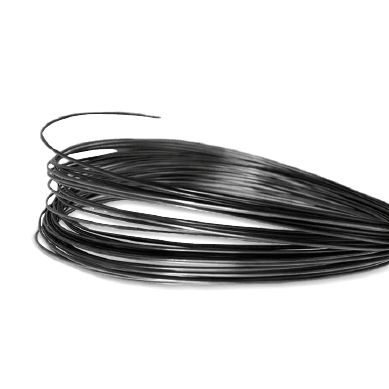Quality Assurance
Each batch of Nitinol undergoes thorough testing, including:
Chemical Composition Analysis: Impurity levels meet ASTM F2063 standards.
Mechanical Property Testing: Tensile tests (strength, elongation), fatigue life tests, and hardness tests (HV).
Transformation Temperature Testing: Differential Scanning Calorimetry (DSC) determines As/Af and Ms/Mf with precision.
Surface Quality Inspection: Scanning Electron Microscopy (SEM) verifies surface roughness (Ra<0.1μm) and defect-free surfaces.
Dimensional Accuracy Verification: Coordinate Measuring Machines (CMM) ensure micron-level tolerances.
Certified under ISO 9001, products comply with ASTM F2063 (medical Nitinol) and ISO 10993 (biocompatibility).





